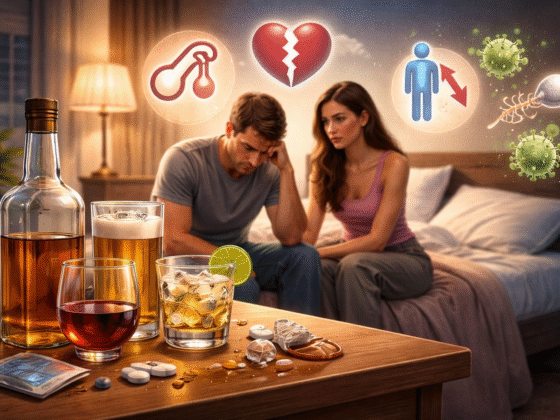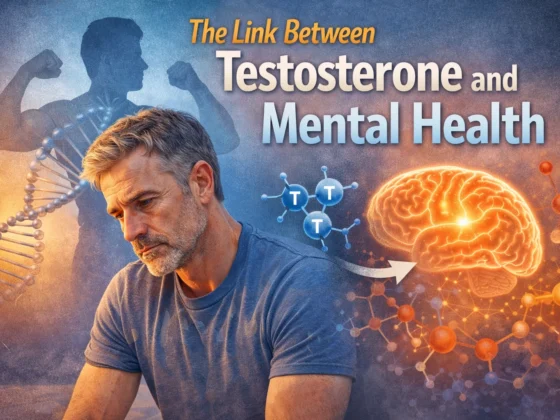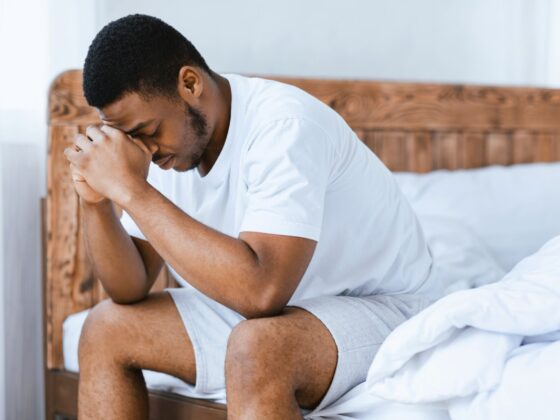Last Updated on 18th August 2021 by Charlie Walsh
Young people and mental health
Almost 400,000 young people and children a year are being referred to NHS Mental Health services per year and experts warn that the true scale of need has been hugely underestimated. The crisis in mental health issues amongst young people was down to a number of issues including increased pressure, body image, social media and difficult family backgrounds. As more people try to navigate a world of social media, poor job opportunities and cheap celebrity fame, this figure is set to increase.
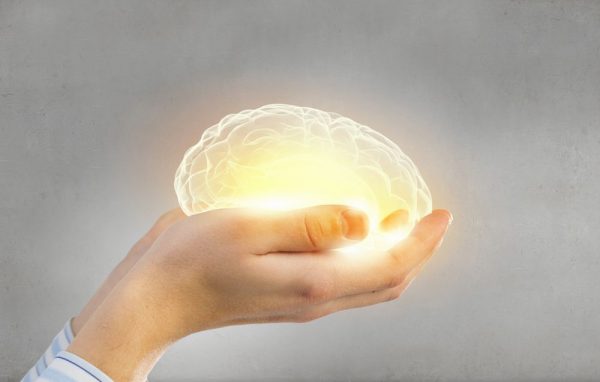
What mental health problems can affect young people?
Mental health issues are characterised in the way that they affect a person’s ability to function. For example, anxiety can often present with physical symptoms such as shaking, vomiting, irregular heartbeat, breathlessness and many other symptoms. However, because people are so different, the effects of mental illness will change from person to person. Some people who have reported having mental health issues may also find that they develop problems in their physical health too.
For example, mental health problems are often associated with sleep difficulties which can impact on someone’s ability to concentrate and stay alert. Furthermore, negative emotional states such as low moods or anxiety can lower the body’s ability to fight disease. The effects of mental illness can also impact on the way a person copes with ordinary day to day activities such as getting up and getting dressed, the way they take care of themselves or even how they manage their finances. Mental health conditions often negatively impact on a person’s self-image. This often makes them less likely to engage with other people, less likely to sustain relationships and have intimacy issues which can make them feel lonely and isolated.
However, even conditions that are deemed less onerous than other mental illnesses can have a serious impact someone’s quality of life. One example of this could be performance related erectile dysfunction. Because this is an issue that is rarely discussed amongst young people, many people aren’t aware that this is a mental health condition. Performance anxiety also has far reaching impacts for young people and their ability to sustain happy and healthy relationships.
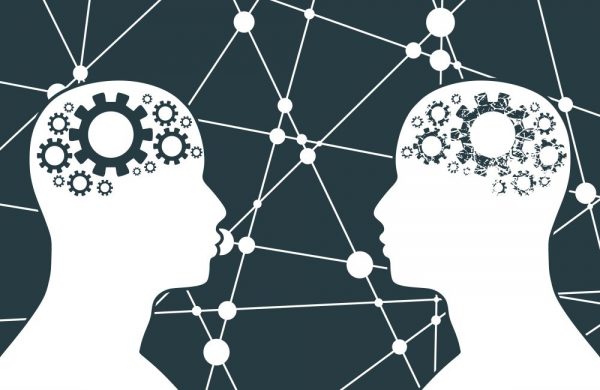
What is performance related erectile dysfunction?
Performance anxiety or performance related erectile dysfunction occurs when someone may feel under pressure sexually, is worried about pleasing their partner, concerned about getting an
erection or suffering from other stresses. Because the person is feeling anxious, the symptoms manifest physically and the person is unable to achieve an erection, maintain an erection, suffers from loss of libido or ejaculates prematurely. If this continues to occur, the person also begins to worry more about the performance anxiety and his mental state continues to block the process required to achieve an erection.
In addition to anxiety about performance, sexual dysfunction is also increasing amongst young people who regularly view pornography, in that they cannot achieve an erection without the visual stimulation of pornography before any kind of sexual activity. The effect of pornography and dysfunction is deemed to be so serious, that the American state of Utah declared pornography as a public health crisis due to the negative physical and mental effect it was having on those regularly viewing it.
How to overcome performance anxiety
There are lots of different ways to overcome sexual anxiety and as everyone is different, some methods may be more effective than others. By speaking to your GP, you may be able to pinpoint the performance anxiety cure that works better for you.
Avoid the cycle of negativity
A disappointing sexual performance is something that happens to us all from time to time, except people rarely speak about it. For those with sexual performance anxiety, it is essential for them to understand that sometimes things can go wrong and that it perfectly normal for these things to happen. Rather than focusing on what they perceive to be a poor performance, looking at the cause of the issue can help to understand the trigger. For example, if someone is under a lot of stress at work, this may prevent them from getting an erection one evening. Rather than focusing on the erectile dysfunction, looking at a possible cause and working to eliminate the stress can help to reduce instances of performance anxiety in the future.
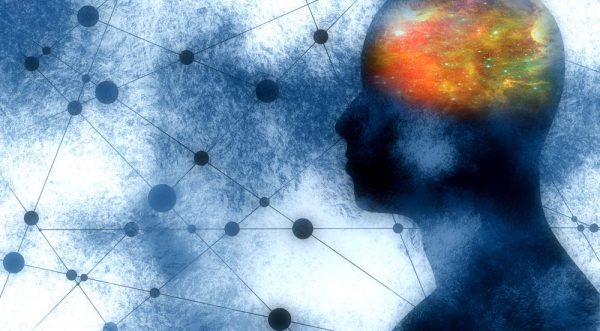
Rebooting
A reboot is a term used for the process of rewiring the brain so that the user no longer relies on artificial stimulation such as pornography to achieve arousal. During the reboot, the individual abstains from watching pornography, reading erotica or anything that creates arousal. For some, they also abstain from sexual intercourse or masturbation too. Because rebooting is often used for those who suffer with an addiction to porn, it will need to be overseen by a trained professional as there may be periods of withdrawal and further support could be required.
Use the senses
Many man who suffer from performance anxiety over analyse every move in the bedroom. Rather than focusing on pleasure, they focus on failures or try too hard in their quest to ‘get things right’. By using props such as blindfolds, sex toys, oils and candles, the body focuses on the sensory experience which can help to reduce anxiety and increase the pleasure.
Exercise more
Twenty to thirty minutes of exercise day is a great way to reduce stress, build stamina and improve muscle tone. By reducing stress and improving the way that you feel about yourself, this can also help to reduce performance anxiety.
Communication
Couples counselling or sex therapy is a great way to open a dialogue between two partners, particularly during instances of performance anxiety. Quite often, erectile issues can have a detrimental effect on a relationship. Particularly, if the couple aren’t speaking about the problem. Communication is one of the most effective ways to overcome sexual performance anxiety.






